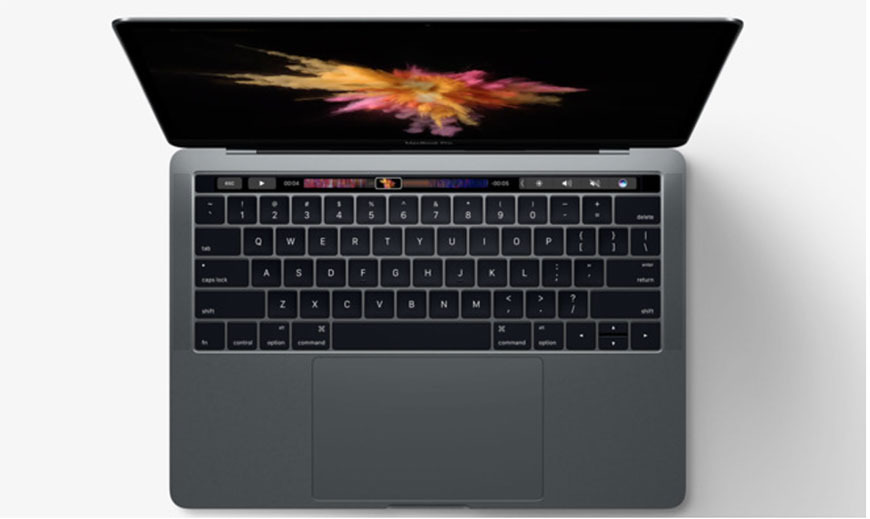Apple has identified an issue that renders 2016 and 2017 MacBook Pro models unable to charge above 1%, saying it will replace compromised batteries for free.
Outlined in a support document on Tuesday, the problem also triggers a battery health status warning that indicates "Service Recommended." Apple says a "small number" of 2016 and 2017 MacBook Pro computers are impacted by the issue.
According to the support document, the following 13- and 15-inch MacBook Pro units are affected:
- MacBook Pro (13-inch, 2016, Two Thunderbolt 3 Ports)
- MacBook Pro (13-inch, 2017, Two Thunderbolt 3 Ports)
- MacBook Pro (13-inch, 2016, Four Thunderbolt 3 Ports)
- MacBook Pro (13-inch, 2017, Four Thunderbolt 3 Ports)
- MacBook Pro (15-inch, 2016)
- MacBook Pro (15-inch, 2017)
Owners experiencing the charging issue are urged to contact Apple for a free battery replacement. The company will examine incoming Macs prior to service to determine eligibility. Users can access Battery Health in System Preferences or, in macOS Catalina or earlier, by holding the Option key and clicking the battery icon in the menu bar.
Apple earlier on Tuesday issued a macOS update, macOS 11.2.1, to address the problem and prevent it from manifesting in machines that are operating normally. The company instructs owners of the above Mac models to update to macOS Big Sur 11.2.1 or later or install the macOS Catalina 10.15.7 supplemental update.
 AppleInsider Staff
AppleInsider Staff








 Christine McKee
Christine McKee
 Malcolm Owen
Malcolm Owen
 Marko Zivkovic
Marko Zivkovic

 Andrew Orr
Andrew Orr
 Andrew O'Hara
Andrew O'Hara
 William Gallagher
William Gallagher



-m.jpg)


4 Comments
Haven't had that problem, but I did get my battery replaced due to swelling a year or so back, so maybe the new one is clear of the problem.
Huh, I have one of those models. I think I would have noticed it not charging past 1%. I don't think anyone would argue that that would be a problem.
Glad I traded in my 2016 15” MBP (earliest model) for a late 2019 16”, didn’t anticipate this type of issue.
Will my current laptop have the same sort of issue in the future? TBD.
Couldn’t time the laptop replacement right for Apple Silicon, unfortunately: oh well!
I have a 15" 2017 MBP. No problems.
I'm curious as to where the battery problem lies.
We do know that Apple has a diverse supply chain and they keep a detailed record of every part that comes off the assembly line. That is, they've implemented W. Edward Deming in spades.
So, some batteries had a flaw, so they modified MacOS to adjust for that flaw. Or it's some circuitry which has the flaw, and they've made the adjustment in MacOS to compensate.
It's way beyond my pay grade, but this reminds me how engineers can adjust for problems Mars Rovers are having from the comforts of home.